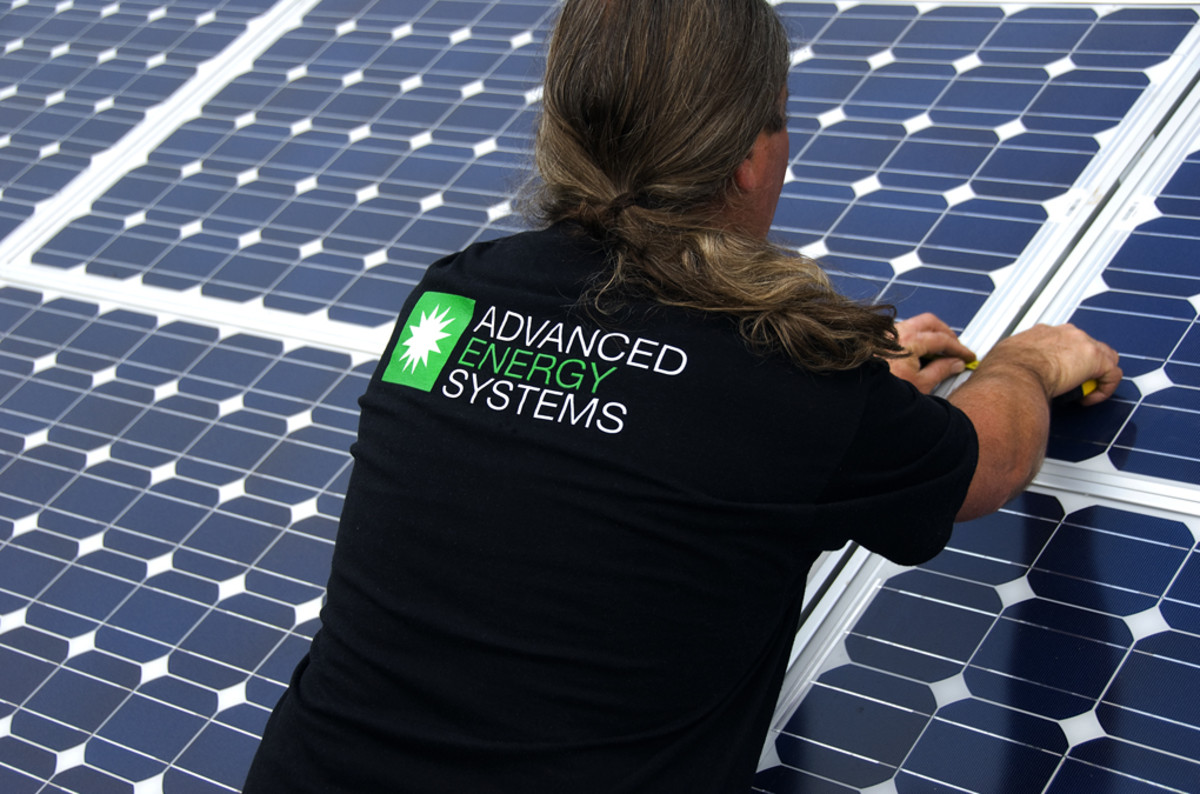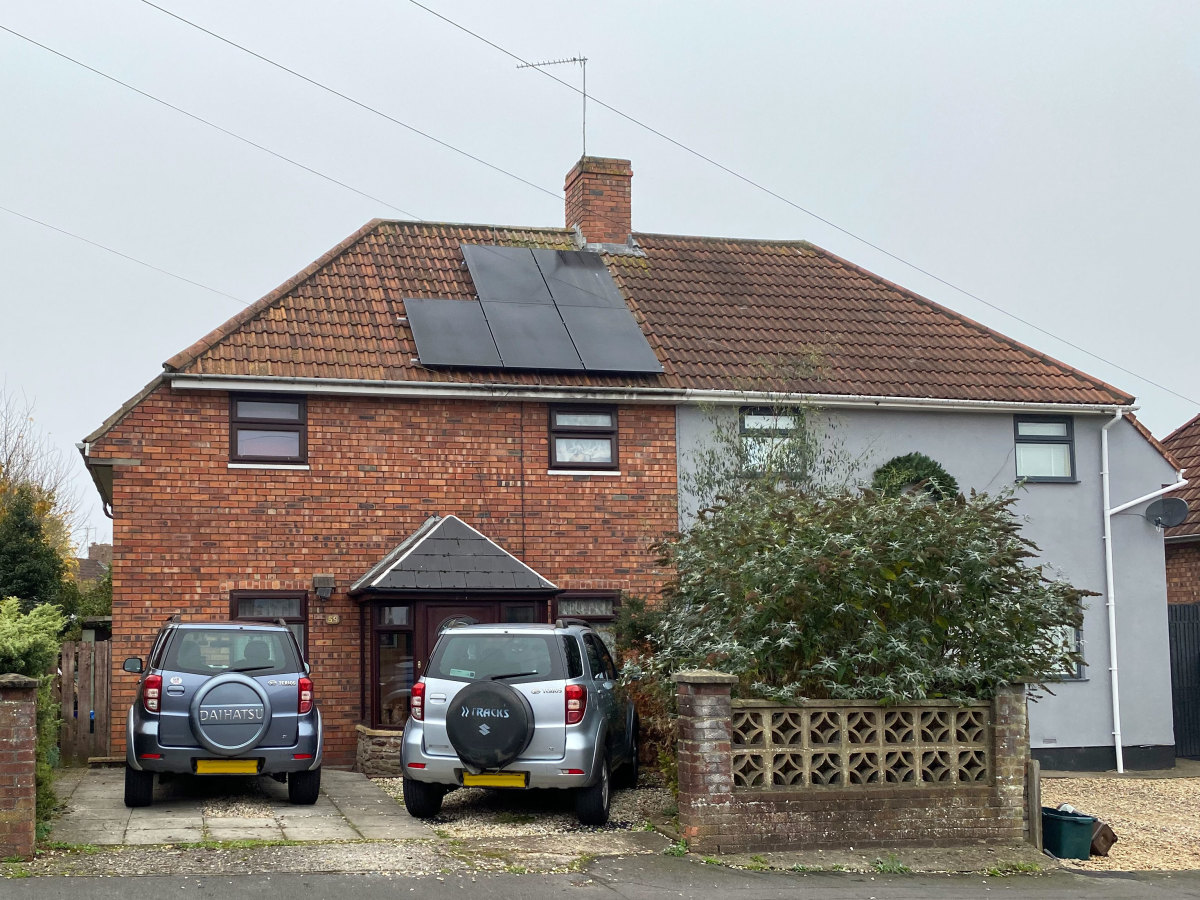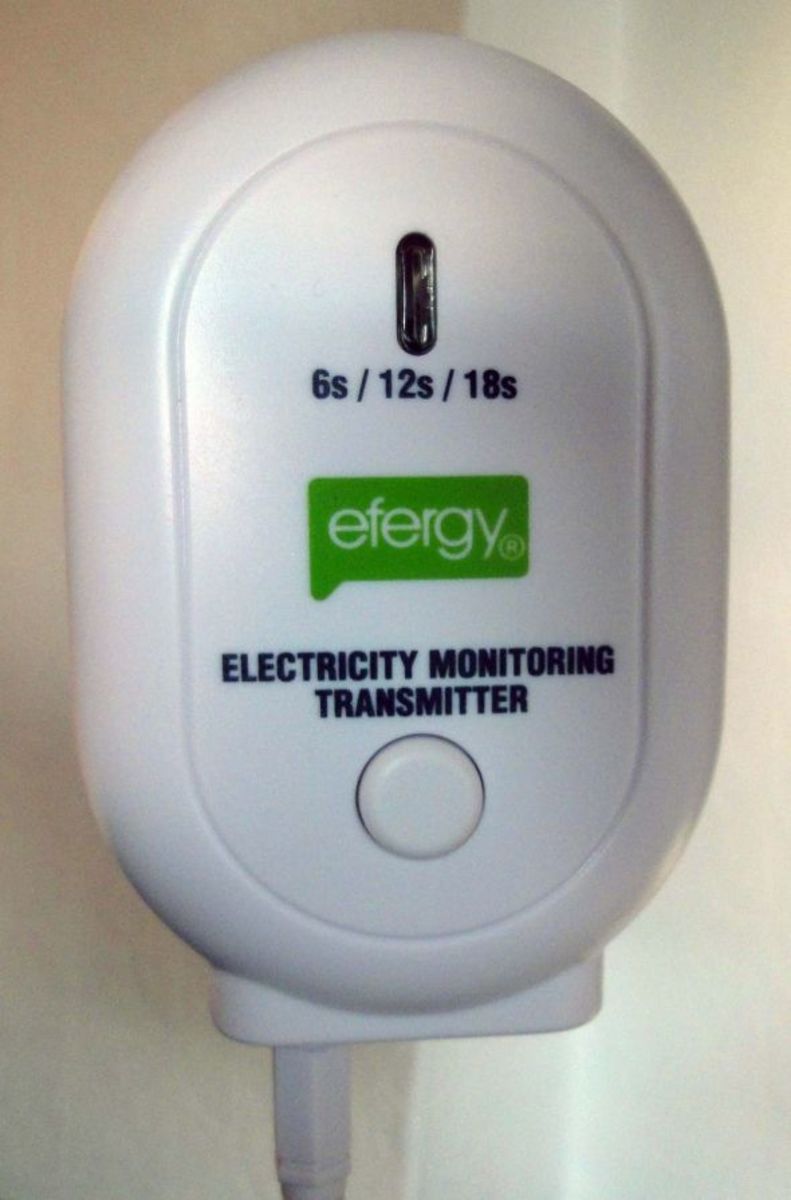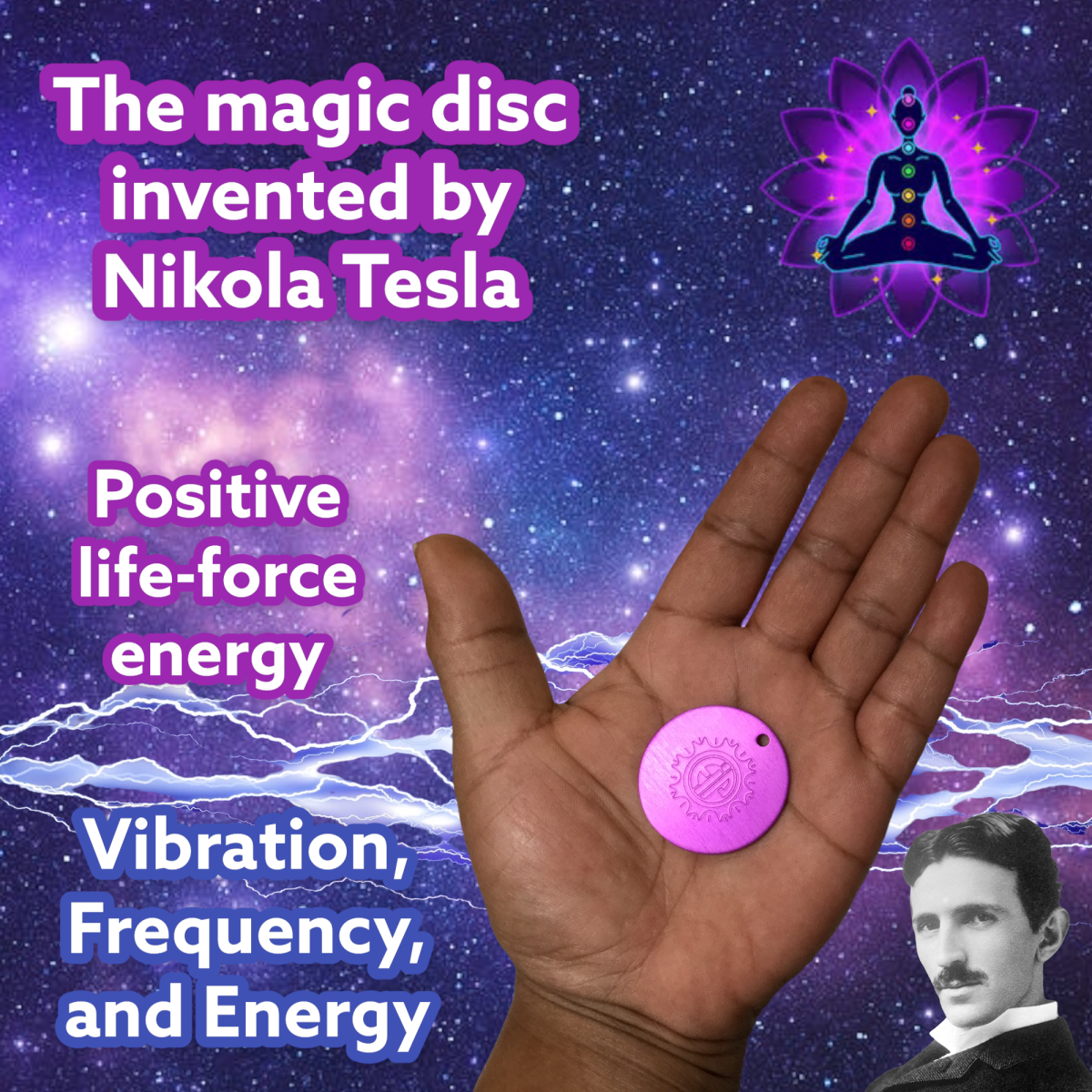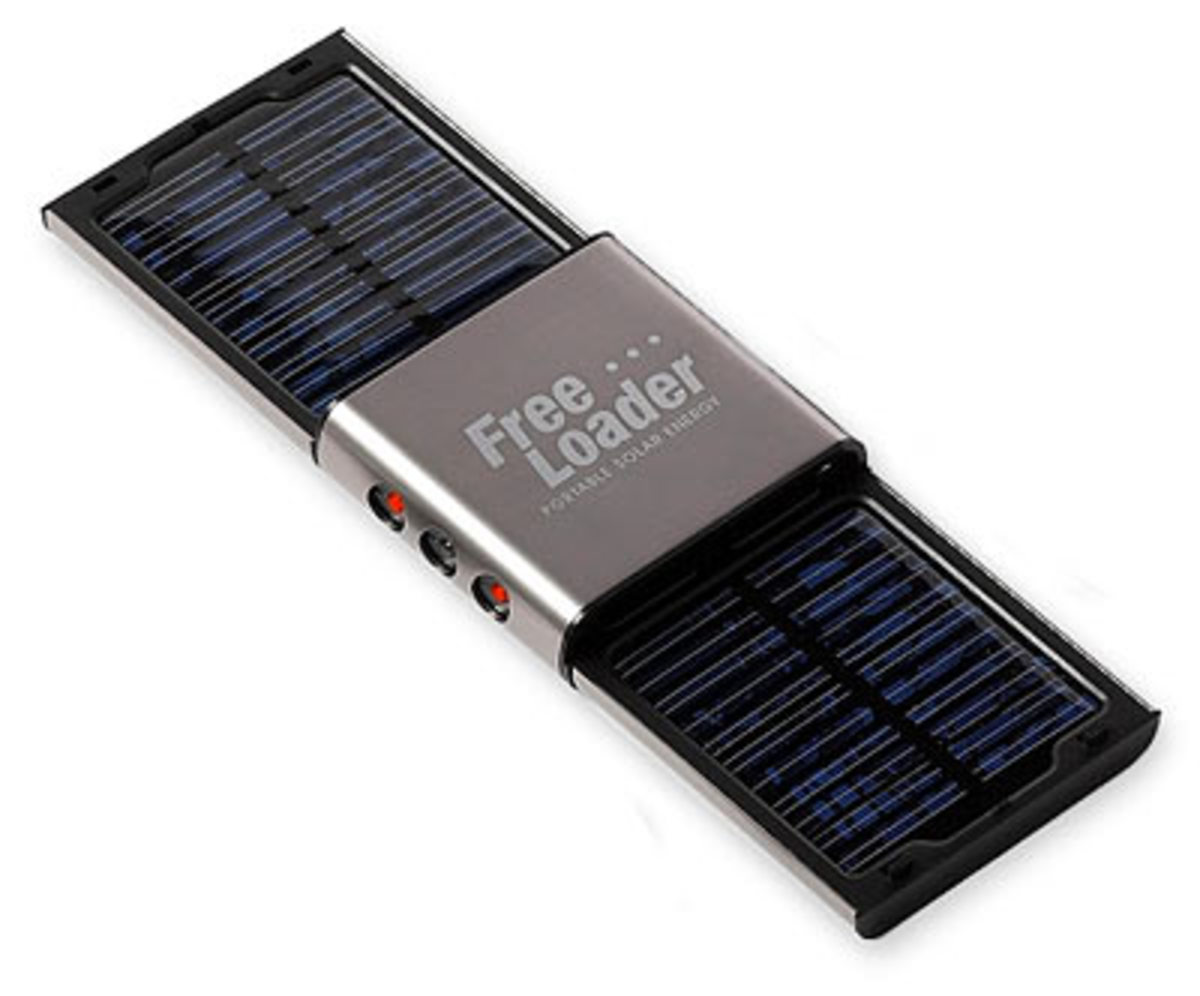Reap the Many Rewards of a Solar Energy System
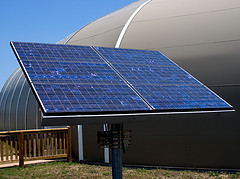
The Financial Benefits
Historically solar energy systems have been more expensive than other energy options. Due to government investing in solar technology however, that is rapidly changing. More and more individuals are also investing in solar power, and the truth is it increases your financial standing. Though your initial cost may be high, solar energy is a great investment. It saves you money on utility bills, increases the value of your home, and keeps you immune from utility bill price hikes – which will become bigger and bigger in the future as oil reserves dry up. Let’s look a little closer at how you can reap the financial rewards that solar energy has to offer.
You must fork out for the purchase of equipment needed for a solar energy system initially, and then there is the cost of having it installed. After the start-up costs however, there is virtually no outlay of money required. You save money on your electricity bill, and add value to your home. In fact, investing in solar energy compares quite well with traditional investments such as the stock market or savings account.
The Payback Period
The payback period is a measure of the time it takes to recoup your initial investment. A solar water heating system which costs $5,000 to install will save you $50 per month on your electricity bill. The system will thus pay for itself in 100 months or 8.3 years. This time period of course is dependent on the price of electricity remaining the same for those 8.3 years, which it will most likely not. The system would realistically pay for itself in a much shorter time period.
Now think about the other ways you could spend that $5,000. If for instance you used it to remodel your kitchen, you would receive no monthly savings unless you install new appliances that are more energy efficient than the previous ones. Historical data infers that you will only recoup about 70% of the cost of any remodelling if you sell your home.
Putting the same $5,000 in an interest earning bank account might get you $20 per month at an interest rate of 6%. It would take you 80 months to make $2,000 if the interest is compounded. The same amount invested in the stock market might easily double your investment in a few years, but then you could lose it all as well.
Installing a solar energy system has historically returned close to 100% of the initial investment for owners. If you spend $20,000 on a solar energy system, the value of your home automatically increases that much, possibly more if energy prices soar. It could easily be said that no other investment that you can make in your home will give you those returns.
The bottom line is that; as well as increasing the value of your home, installing a solar system makes you pretty much immune from exploding energy costs. If you install a system that completely powers your home, you’ll never have to pay another electricity bill in your life.

But What About the Quality of my Electricity?
The concept of converting to solar power intrigues many people, but generally they share a common concern – will the quality of their electricity suffer? This is a very pertinent question, as of course solar power relies on the sun. It is the obvious concern for the majority of consumers who would like to reduce their carbon footprint, though not at the cost of too much inconvenience. The answer lies in a number of variables, the major one being the type of solar power system you might install. There are basically two categories: intertie and off-grid systems.
Intertie vs. Off-Grid Systems
Intertie System
With an intertie or grid-tie system, you remain hooked up to the utility company. If your solar system does not produce much energy during certain conditions, the quality of your electricity does not suffer at all as you draw power from the electric company. There is little for you to do after you install an intertie system as the utility company keeps track of your usage and also stores the energy your system generates. On days when your system produces more power than you can use, you build up energy credits with the power company. There are no batteries to maintain and no moving parts to worry about replacing.
Off-Grid System
An off-grid system is designed to accomplish exactly what the name infers – to keep you off the electricity grid. With an off-grid system your home relies entirely on the electricity produced by your solar system. One of the greatest benefits is that you have no monthly electricity bill to pay. On the other hand, if the weather turns against you and you suffer long periods of rainy, cloudy days, the output of your system will suffer. This does not mean that the quality of your electricity will be affected though, as you can the draw power from a battery backup system.
Combination Systems
There is a third type of setup that offers the best of both intertie and off-grid systems. These are intertie or grid systems with battery backups. When your system produces excess energy you can still sell electricity back to the utility company, but when production of solar energy decreases, you need not go on-grid. These systems also have a battery backup that you can draw on. You can even select which circuits the batteries can supply to maximize your solar potential. Switching between systems is automatic, so the quality of your electricity remains constant and your financial benefits are optimized.
Whichever system you choose, as long as it is professionally installed by a competent contractor, the quality of your electricity will not suffer. Solar power systems allow you to not only lower your carbon footprint, but to save a considerable amount of money on electricity while powering your home at optimal efficiency.
Additional Advantages of a Solar Energy System
The ultimate solar investment you can make in your home is in a system that completely powers your house using solar energy. In fact, it is the most popular solar option among homeowners in America. Besides offsetting or even completely eliminating your electricity bill, powering your home with solar energy is good for the environment. The only pollution produced is that which is emitted during the manufacturing of the system’s components. Overall it is a sound financial and environmental investment. Less-thought of advantages of a solar installation are its simplicity and durability. Yet, there are even more advantage to using solar power.

Maintenance is Minimal
The way that a solar energy system is designed, although considered high-tech, is really quite simple. There are no moving parts, and by its nature a solar energy system needs little maintenance. Usually you don’t need to do anything at all! The major problem under normal circumstances, barring a natural disaster or vandalism, is dirty dusty panels or a leaky pipe connection. Both are simple to repair, in fact dusty panels hardly affect your system at all. Solar systems have a lifespan of 25 years or more, largely due to the fact that they have no moving parts.
Government Subsidies
The government is heavily invested in the promotion of solar energy due to its low environmental impact, and the goal of independence from foreign oil. The best way to promote solar power is to encourage more people to invest in it, and so the government implements subsidies to drive the net costs down and make investment in solar power easier for the average consumer. Subsidies, tax breaks, and rebates are offered around the country and are becoming more prevalent on a daily basis. In some areas the total savings on a system due to subsidies can be almost half of the cost.

Reduce the Total Carbon Footprint
If you install a large scale solar energy system in your home, you can literally erase more than 40,000 pounds of emitted carbon annually. If your system is connected to the utility company’s power grid, whenever you are not drawing in the power you generate, someone else is, thus reducing their carbon footprint as well!
Intangibles
Solar energy customers enjoy many intangible benefits such as watching their power meter going backwards! Small but meaningful pleasures like people respecting you for helping the environment, and feeling good about yourself for doing so are important as well. You’ll rarely find anyone who regrets installing a solar power system in their home, and you’ll always find someone who’s over the moon about the financial rewards and personal satisfaction it brings them.

